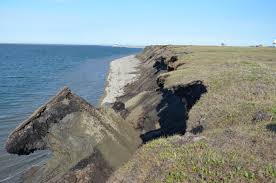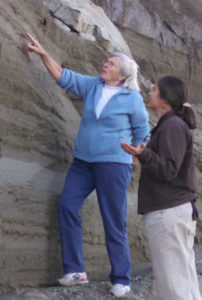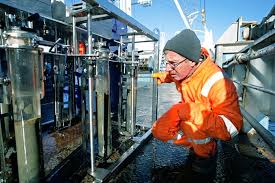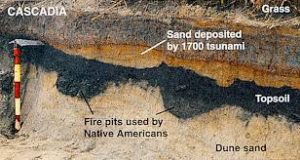
About the Workshop
Surviving the Really Big One – A JLT Earthquake and Tsunami Preparedness Workshop
The Jefferson Land Trust Geology Group presents a special workshop on “Surviving the Really Big One” on November 14, 2015.
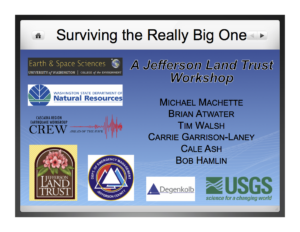
This earthquake and tsunami workshop was created in response to the July 20th article in the New Yorker Magazine, which has received lots of attention both locally and throughout the Pacific Northwest. However, those with a background in geology may have felt that many of the claims in this article were exaggerated or not well founded.
Michael Machette, the organizer of this event, said “as a geologist and leader of the Land Trust’s Geology Group, I have a big appreciation for how a region’s geology shapes landscape and life over long stretches of time. And as a Land Trust board member, I’m thinking about perpetuity–about life and land in Jefferson County for 50, 100, 200+ years into the future. We know massive earthquakes like this are a feature of our region, so I wanted to bring a panel together to focus our thinking on the longer-term hazards and help our community sustain itself into future.”
About the Speakers
Toward these ends, Machette has assembled a team of local and regional experts for this workshop. Presenters will take you from the Magnitude 9 earthquake and tsunami’s source to the local effects with a focus on the Port Townsend area.
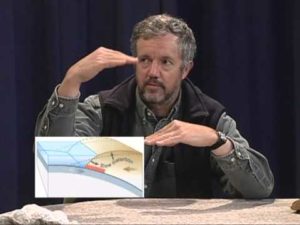
Renowned earthquake geologist Brian Atwater (USGS) will discuss the anticipated earthquake and its source. Hazard geologists Tim Walsh (DNR) and Carrie Garrison-Laney (UW) will cover tsunamis (both real and modeled). Getting into the effects of a large quake, structural engineer Cale Ash (Degenkolb-Seattle) will discuss building response and structural solutions to tsunamis and ground shaking, and Emergency Planner Bob Hamblin of Jefferson County will talk about what it will be like to live through the Really Big One and what you should have done to prepare for it. The workshop will be from 2:30-5 pm on Saturday, Nov. 14 at the Quimper Unitarian Universalist Foundation (QUUF) at 2333 San Juan Road in Port Townsend. This event is both a community service and a fundraiser for the Land Trust, so a portion of your $40 ticket price is tax deductible.

